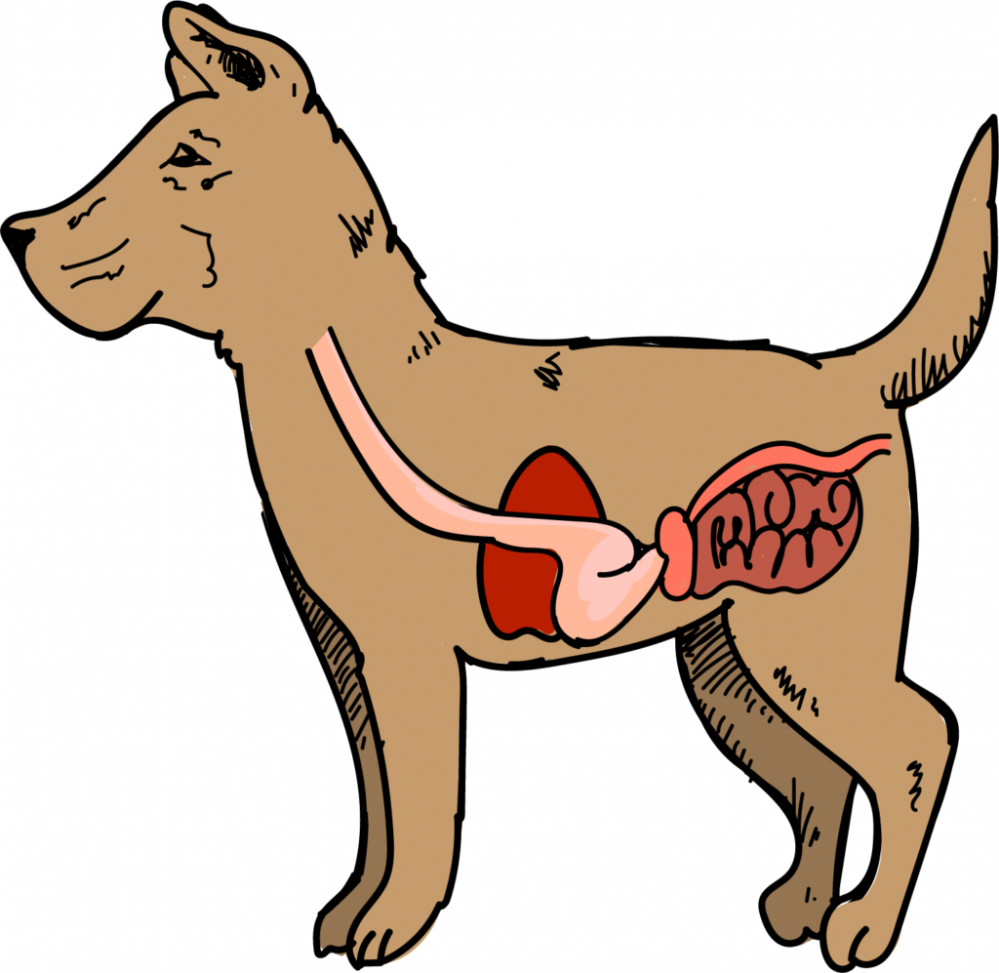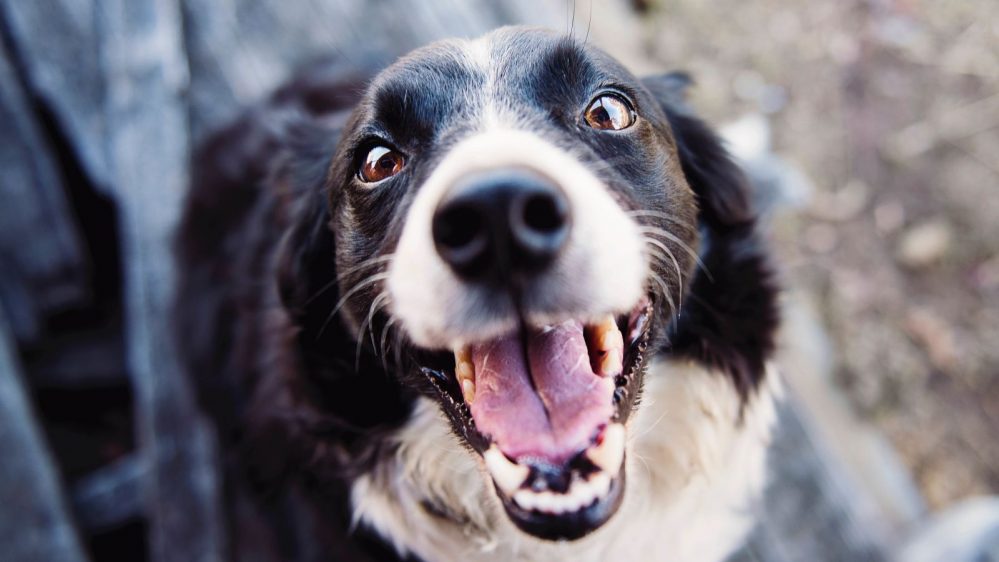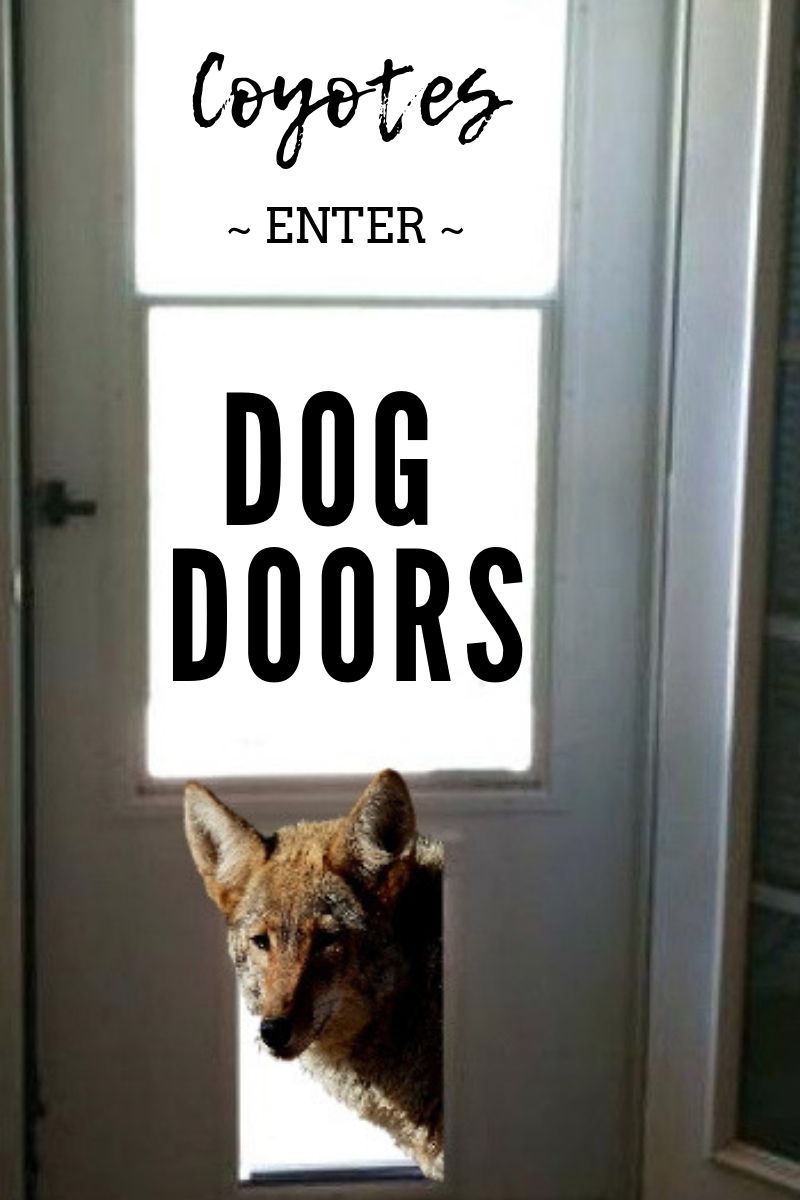As we enter Fall and the holiday season begins, there are steps you should take to ensure it’s a happy, healthy and safe season for both you and your pets: The holiday season means you may be doing a lot of entertaining at home. If you do any cleaning beforehand, be sure to keep all household chemicals out of your …
The Dog Digestive System | Lucy Pet
The Dog Digestive System A dog’s digestive tract consists of many similarities to our own. The functional organs—tongue, esophagus, stomach, small and large intestine—play equally important roles in the proper breakdown and absorption of nutrients in dogs as they do for people. Although many pet owners barely understand the basics of their own digestion much less that of a dog …
Train Your Pet to Come To You When the Fire Alarm Goes Off
Train Your Pet to Come To You When the Fire Alarm Goes Off Meghan Moravcik WalbertYesterday 2:30pm The next time you burn a batch of bacon, filling your kitchen with smoke and setting off your fire alarm, react quickly—remove the pan, furiously fan the air around the alarm with a kitchen towel and give your pet a treat. Reddit user …
Coyote enters house through doggie door… – LA Times
Coyote enters house through doggie door, killing pet in ‘unprecedented’ attack By Alexa Díaz Staff Writer July 17, 201911:35 AM Buena Park officials are warning residents to be prepared for coyote encounters after a bold predator recently entered a home through a doggie door and attacked two dogs, killing one in what officials called an “unprecedented” attack. Noting an increase …
Spring Weather Pet Alert
We are well into Spring! Enjoy the beautiful weather and outdoor activities with your pets but be aware of the hazards that accompany the season. Whether you live in a private home or apartment, you’ll be tempted to open windows to let the fresh air in. Be sure to keep screens or protective bars on your windows to prevent your …
Holiday Dangers – Do You Know What To Do If Your Pet Is Choking?
Would you know what to do if you walked into the room and found your dog or cat choking? If you are like the majority of pet owners, you’d probably panic and perhaps scramble to locate your vet’s phone number. While you should always keep your vet’s number (and the number of the nearest 24-hour emergency clinic) prominently displayed by …
Keeping Your Pets Safe On The 4th of July
Whether the neighborhood teens are throwing firecrackers on your street… or your entire community is enjoying “the exuberant splendor” of a big fireworks display, your pet can become frantic and run away, trying to find a safe haven.
More pets go missing around the 4th of July than any other time of year, and noisy fireworks are to blame.
According to national statistics, animal control officials across the country see a 30-60% increase in lost pets each year between July 4th and 6th. In fact, July 5th is one of the busiest days of the year for shelters.
Mark Jakubczak, Certified Pet Detective and Founder, PetAmberAlert™, is committed to increasing the chance of beloved lost pets returning home. He said, “Sadly, only 14% of lost pets are returned to their owners, according to nationwide statistics. And worse, 30-60% of lost pets are euthanized because they cannot be properly identified and returned to their owners. That’s why we’re hoping to reach more pet owners and reduce these trends with our infographic.”
PetAmberAlert’s July 4th Lost Pets Infographic called “Afraid on the 4th – Keeps Pets Safe” puts a spotlight on the alarming statistics and provides tips on how pet owners can protect their pets.
Here are 4 simple tips on how to keep pets safe… plus a bonus tip on how pet owners can have a better chance of finding a lost pet.
1) Stay inside: Try to keep your pet indoors at all times during holiday celebrations. Ideally, someone stays home with your pet. Also keep your dog leashed when going out for walks.
2) Make them feel safe: Comfort your pets with petting, hugging, talking to them in a soothing voice, providing a treat and staying nearby if possible. Make sure they can access their crate or “safe place.” Also ask your veterinarian or local pet retailer about natural calming products, anxiety wraps and other products that can help.
3) Avoid the noise. Try to drown out the fireworks sounds as much as possible by closing windows, playing music or turning on the TV.
4) Act normal! Your pet takes cues from your and your family’s actions. It will help if you go about your normal routine as much as possible, talking and playing with your pet as usual.
5) Protect your pet before the fireworks begin. There are a number of lost-pet devices and services available today, and it’s wise to be proactive in case your pet gets lost. Among the various pet-finder services available, the Pet Amber Alert ID Tag/Pet GPS combines Amber Alert technology with a QR Code and pet GPS to help MORE lost dogs, cats and even birds return home safely.
By following these tips, hopefully fewer families will face the heartbreak of losing a pet during the July 4th holiday.
https://www.petamberalert.com/blog/keeping-your-pets-safe-on-the-4th-of-july/
9 pet safety tips for the Fourth of July
The Fourth of July can be a great holiday for humans, but a stressful day for many pets. KUSA – The Fourth of July can be a great holiday for humans, but a stressful day for many pets who may become frightened by the bright lights and loud sounds of fireworks. Tripswithpets.com shared nine ways to keep your pet …
Toxic Plants
This list from the ASPCA contains plants that have been reported as having systemic effects on animals and/or intense effects on the gastrointestinal tract. Please note that the information contained this plant list is not meant to be all-inclusive, but rather a compilation of the most frequently encountered plants. If you think that your animal is ill or may have …
Non-Toxic Plants
This list from the ASPCA contains plants that have not been reported as having systemic effects on animals or as having intense effects on the gastrointestinal tract. Any plant material ingested by an animal (as when dogs and cats ingest yard grass) may produce signs of vomiting, depression, or diarrhea. These signs are generally mild and self-limiting and often do …



